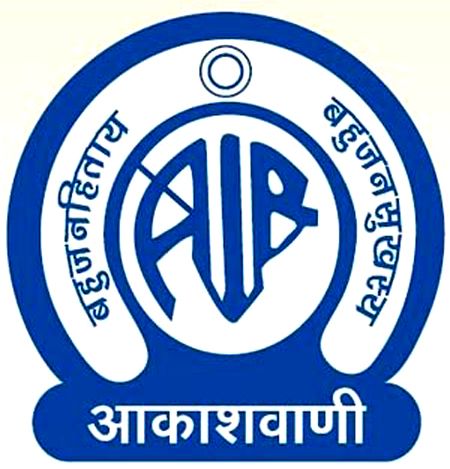
NEW DELHI: Following the uproar about the possible removal of All India Radio announcers and radio jockeys above 35 years of age, Prasar Bharati has denied the move but said it plans to conduct voice modulation tests to ensure suitability of the announcers and RJs.
Prasar Bharati sources, while reiterating that the rules provided for age bars for anchors and RJs, said the move to conduct voice modulation tests was 'as a gesture of goodwill and recognition of the services of several casual announcers/RJs/Anchors who had served AIR with devotion and loyalty'.
Prasar Bharati will subject all such announcers and RJs to a skills test, entrusting the task to agencies whose neutrality and credentials are beyond doubt. Those currently on the panel of casual RJs, and also those who are aspiring to join the ranks, may take the skill test as and when it is held.
AIR Director General Faiyyaz Sheheryar said, "AIR has no plans whatsoever to sack anybody. We would conduct a voice test for all and ensure each casual/ RJ/Announcer gets a chance to prove their versatility in front of the microphone."
The pubcaster also said a casual jockey/Artiste of AIR was engaged temporarily on assignment basis for a certain shift or show on fee payable according to a rate card and was not entitled to regularisation of any form.
Pubcaster sources described the reports of a news conference by a so-called 'All India Radio Broadcasters Welfare Association', Kolkata, as a false alarm. They said some elements wanted to indulge in sensation-mongering and spread canards.
Earlier in mid-June, AIR clarified that the directive, asking certain presenters and radio jockeys to quit because they have crossed the age bar for the channels in which they were working, was only implementation of the relevant audition rules.
Sheheryar had then told Radioandmusic.com that it was also incorrect to say that these persons would be rendered jobless, since most of them were either employed elsewhere and working part-time for AIR or were doing this work as a hobby or to supplement income. 'None of them are employees of AIR', he emphasised.
He says that although the Audition Rules have always been there, it was only a few months earlier that Prasar Bharati decided to implement them as competition increased with the private FM channels.
Under the rules, those working in the primary channel of AIR on medium wave could continue to be presenters up to the age of sixty, while those working for the AIR FM Gold or FM Rainbow could do so only till the age of 35. The Rules had also provided that those in the now-defunct Yuva Vani could work as radio jockeys or presenters till the age of thirty.
AIR sources had at that time also denied reports that young persons were being forced to interview personalities with whose work they were not conversant. The sources said that all presenters and radio jockeys were asked to do adequate research before conducting programmes where they had to converse with or interview senior classical artistes or performers.
While not disputing the view that it was sometimes not possible to tell the age of a person from his or her voice, the sources said that every organisation has to lay certain criteria and in any case these presenters and radio jockeys were aware of this when they agreed to come on board in the public broadcaster.
It has been learnt that the directive will affect around 200 presenters or RJs. Official sources said they were aware that many of these persons were already well past the age set in the Audition Rules, and therefore it had been decided to implement those rules.
AIR sources had said jockeys for FM services of All India Radio are booked against a temporary contract on assignment basis and according to the programme exigencies of the channel and paid in accordance with the fee structure of AIR which is equally applicable to similarly placed assignees like, drama voices, music artistes, talkers etc.
The sources had added that AIR like other established broadcasting organisations of the world is professionally bound to review, recast and recreate the panels of casual jockeys every year to bring in fresh talent and break monotony.